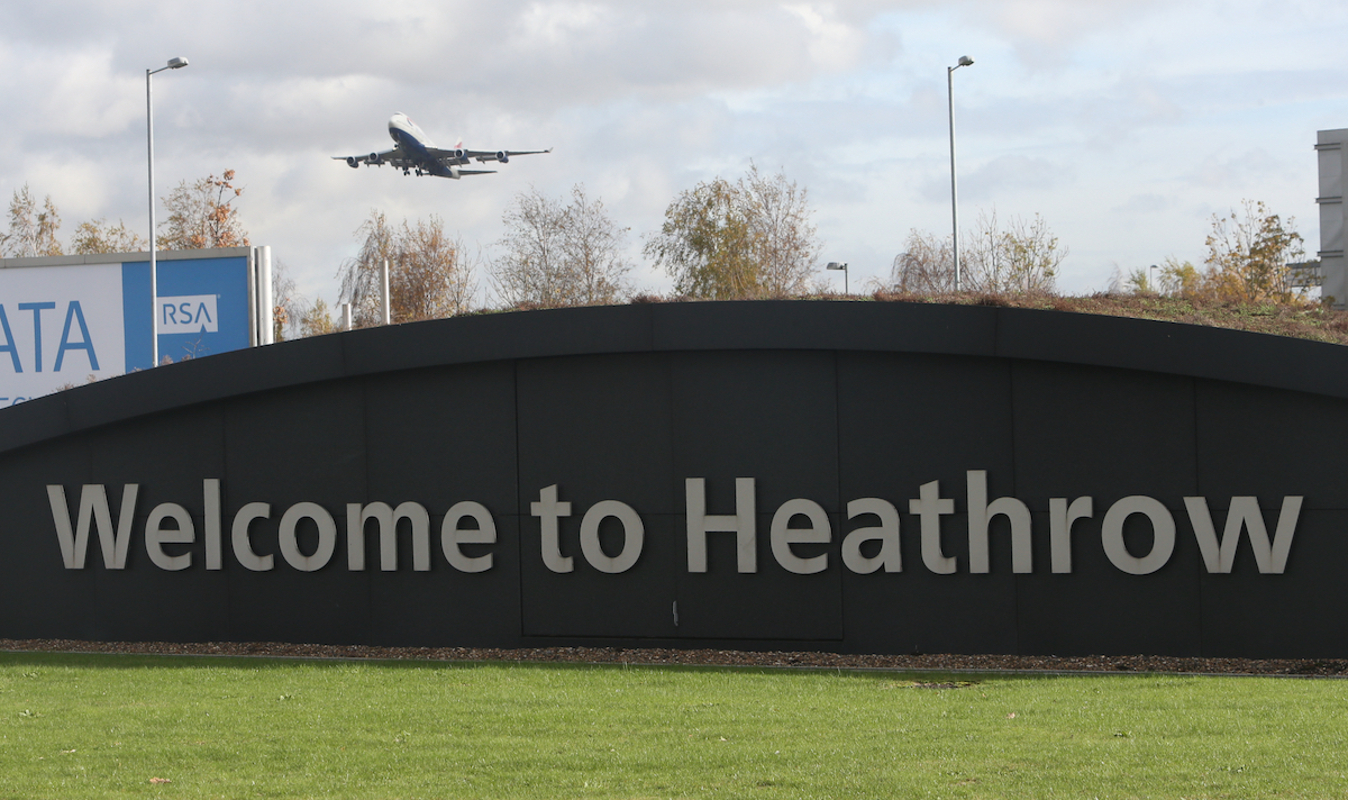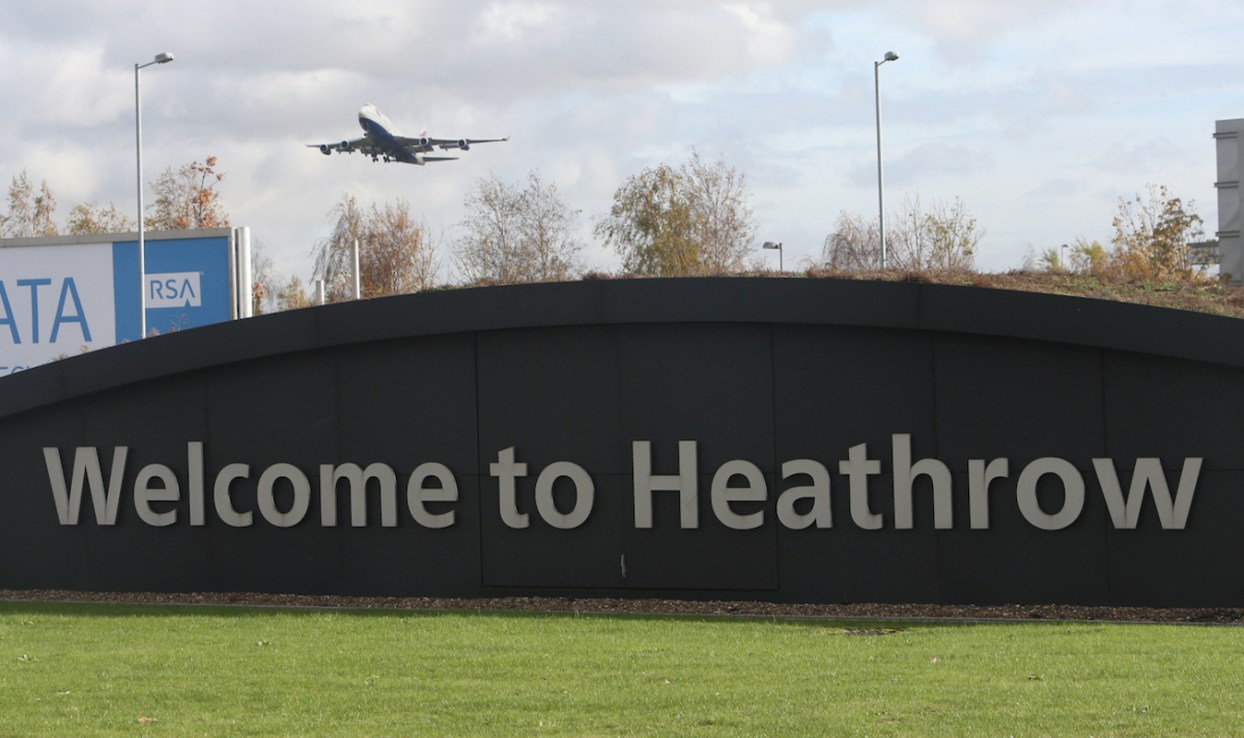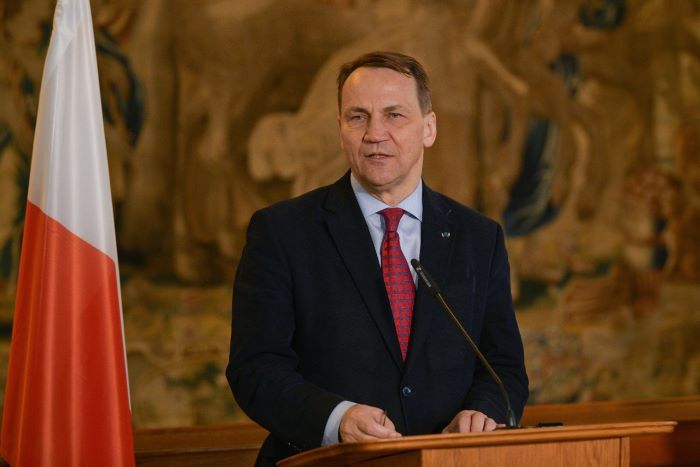Electronic Travel Authorisation: Heathrow’s new £10 charge to change explained
Heathrow has described the new ETA as a "huge blow" that will place the UK at a "competive disadvantage" against international rivals.


New government requirements for travellers entering the UK have been causing a stir, namely at London’s Heathrow Airport.
The so-called Electronic Travel Authorisation (ETA) means visa-exempt passengers arriving in Britain from certain countries will now need to pay £10 and wait around three days for an online permit. Previously, all you’d need was a passport.
It partly mirrors the US ESTA and the European Union (EU)’s ETIAS, which will be introduced in 2025. The ETA was first introduced in November for Qatari nationals and has since been rolled out to Bahrain, Jordan, Kuwait, Oman, Saudia Arabia and the UAE. More than 60 countries will eventually need a digital permit but the Home Office has yet to provide details.
What is the ETA?
The government has argued the ETA would improve border security, giving authorities more time to screen incoming non-visa passengers and providing more information.
However, the travel sector has widely criticised it for deterring tourists, particularly from Europe, Australia, Canada, and the US.
It is also extremely controversial among the UK’s major airlines and airports, particularly Heathrow, Virgin Atlantic and British Airways.
That’s because the charge still applies to passengers on connecting flights, even though they don’t pass through border control.
Heathrow and its key airlines have warned it could encourage prospective travellers to use other rival hubs such as Dubai and Istanbul, placing the UK at a “competitive disadvantage.”
The Hounslow hub has significantly more connecting traffic (around 30 per cent of its total figure) than any other UK airport. In its latest traffic report, it described the policy as a “huge blow,” despite reporting record passenger numbers in February and March.
Heathrow’s argument makes sense. Since November, 19,000 fewer Qatari nationals have passed through, a major warning sign of the impact of adding more countries to the scheme.
The ETA lasts two years and allows for multiple journeys. But making passengers on connecting flights apply for a permit is highly uncommon and will make Heathrow a more difficult transit hub than its rival.
Heathrow’s new £10 charge could put off customers
It also comes amid concern in the aviation sector that a shortfall in capacity at the UK’s biggest airport could see it lose its place as one of the world’s key international hubs.
The government is also under fire over a number of policies that will likely reduce travel to the UK, namely the so-called ‘tourist tax.’ Last week, the deadline for airports to introduce high-tech scanners, which will see off the 100ml liquid limit rule, was pushed back until next year.
Paul Charles, chief executive of travel consultancy The PC Agency and a former Virgin Atlantic communications director, said: “Constant government changes to how we travel, and who can easily visit the country, are putting off people from choosing the UK.
“Whether it’s the new ETA, or the axe-ing of tax-free shopping for tourists, or the uncertainty over whether laptops and liquids can be left in hand luggage when passing through security, these frequent changes make travelling to and from the UK challenging,” he told City A.M.
“It’s no wonder EU countries are attracting more visitors, with simpler rules. We need to see certainty and less government interference so as to make travelling a joy.”
Proponents argue that the ETA is similar to the ESTA policy, which is also required for connecting flights. However, there are very few US airports that rely on transit travel as much as Heathrow.
The ETA also does not give the option of staying in the UK, whereas the ESTA allows travellers to remain in the US for up to three months.



